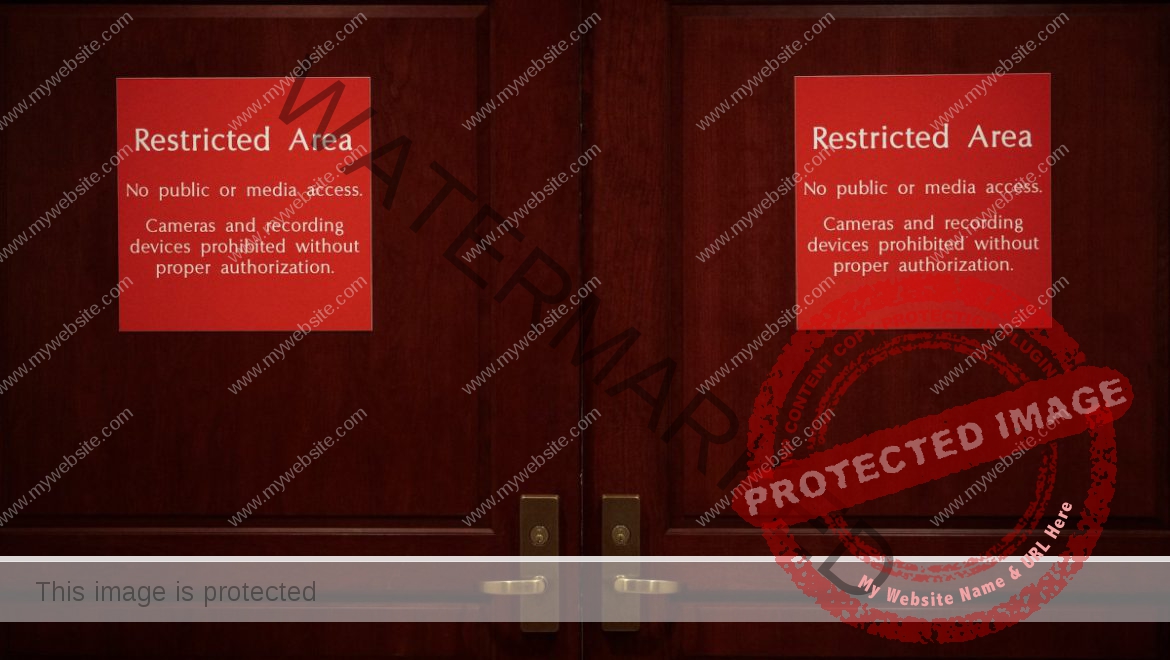Lawmakers passed legislation early Saturday reauthorizing and expanding a controversial U.S. surveillance law shortly after the powers expired at midnight, rejecting opposition by privacy advocates and lawmakers.
The bill, which passed on a 60-34 vote, reauthorizes powers known as Section 702 under the Foreign Intelligence Surveillance Act (FISA), which allows the government to collect the communications of foreign individuals by accessing records from tech and phone providers. Critics, including lawmakers who voted against the reauthorization, say FISA also sweeps up the communications of Americans while spying on its foreign targets.
White House officials and spy chiefs rallied behind efforts to reauthorize FISA, arguing the law prevents terrorist and cyber attacks and that a lapse in powers would harm the U.S. government’s ability to gather intelligence. The Biden administration claims the majority of the classified information in the president’s daily intelligence briefing derives from the Section 702 program.
Privacy advocates and rights groups rejected the reauthorization of FISA, which does not require the FBI or the NSA to obtain a warrant before searching the Section 702 database for Americans’ communications. Accusations that the FBI and the NSA abused their authority to conduct warrantless searches on Americans’ communications became a key challenge for some Republicans initially seeking greater privacy protections.
Bipartisan efforts aimed to require the government obtain a warrant before searching its databases for Americans’ communications. But these failed ahead of the final vote on the Senate floor.
Following the passage in the early hours of today, Senator Mark Warner, who chairs the Senate Intelligence Committee, said that FISA was “indispensable” to the U.S. intelligence community.
The bill now goes to the President’s desk, where it will almost certainly pass into law.
FISA became law in 1978 prior to the advent of the modern internet. It started to come under increased public scrutiny in 2013 after a massive leak of classified documents exposed the U.S. government’s global wiretapping program under FISA, which implicated several major U.S. tech companies and phone companies as unwilling participants.
The Senate was broadly expected to pass the surveillance bill into law, but it faced fresh opposition after the House passed last week its version of the legislation that critics said would extend the reach of FISA to also include smaller companies and telecom providers not previously subject to the surveillance law.
Communications providers largely opposed the House’s expanded definition of an “electronic communications service provider,” which they said would unintentionally include companies beyond the big tech companies and telecom providers who are already compelled to hand over users’ data.
An amendment, introduced by Sen. Ron Wyden, to remove the expanded measure from the bill failed to pass in a vote.
Wyden, a Democratic privacy hawk and member of the Senate Intelligence Committee, accused senators of waiting “until the 11th hour to ram through renewal of warrantless surveillance in the dead of night.”
“Time after time anti-reformers pledge that their band-aid changes to the law will curb abuses, and yet every time, the public learns about fresh abuses by officials who face little meaningful oversight,” said Wyden in a statement.
In the end, the bill passed soon after midnight.
Despite the last-minute rush to pass the bill, a key provision in FISA prevents the government’s programs under Section 702 from suddenly shutting down in the event of lapsed legal powers. FISA requires the government to seek an annual certification from the secretive FISA Court, which oversees and approves the government’s surveillance programs. The FISA Court last certified the government’s surveillance program under Section 702 in early April, allowing the government to use its lapsed authority until at least April 2025.
FISA will now expire at the end of 2026, setting up a similar legislative showdown midway through the next U.S. administration.












